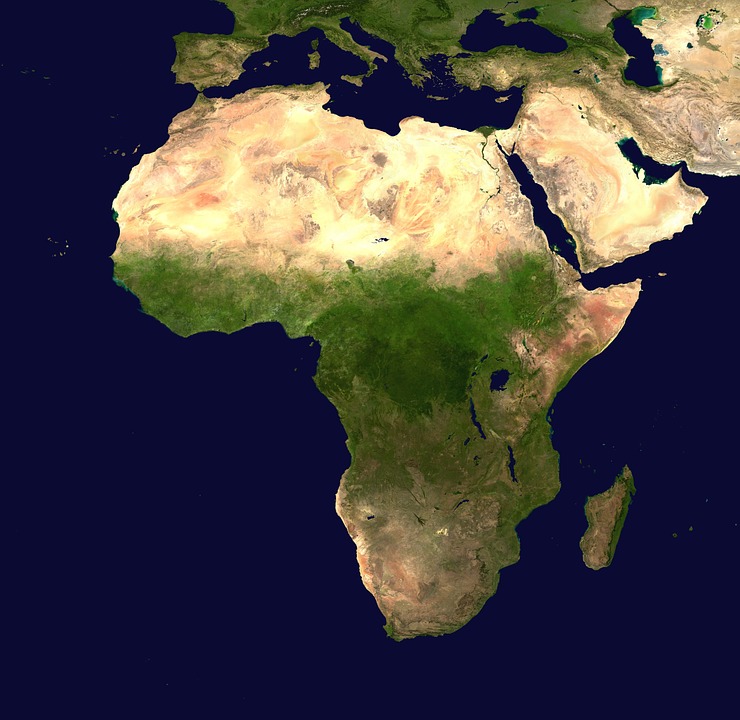The dramatic realignment of relations between the Soviet Union and the United States has impacted significantly on developments in African states. A fundamental restructuring of internal and external political and economic systems has started to take shape and aspirations for more open and just societies based upon democratic principles are evident across the continent. While some changes have been made possible by the dramatic relaxation of superpower tensions, indigenous democratic movements toward democracy still face enormous barriers. African nations, with few exceptions, are in the midst of a very profound and prolonged economic depression. Other problems confronting Africa are of equally catastrophic proportions: exploding population growth; civil wars sometimes involving ethnic genocide; large displaced populations fleeing violence, persecution and starvation; a burgeoning debt crisis; ravaging famine and spreading diseases.
Senator DeConcini visited Africa to study recent developments and examine how Africans are dealing with present demands, aspirations and problems. A corresponding objective of Codel DeConcini’s visit to Africa was to examine the present economic, political and human rights developments and how the newly emerging political process known as the Conference on Security, Stability, Development and Cooperation in Africa (CSSDCA) intends to address and meet the unique challenges confronting Africa today.











